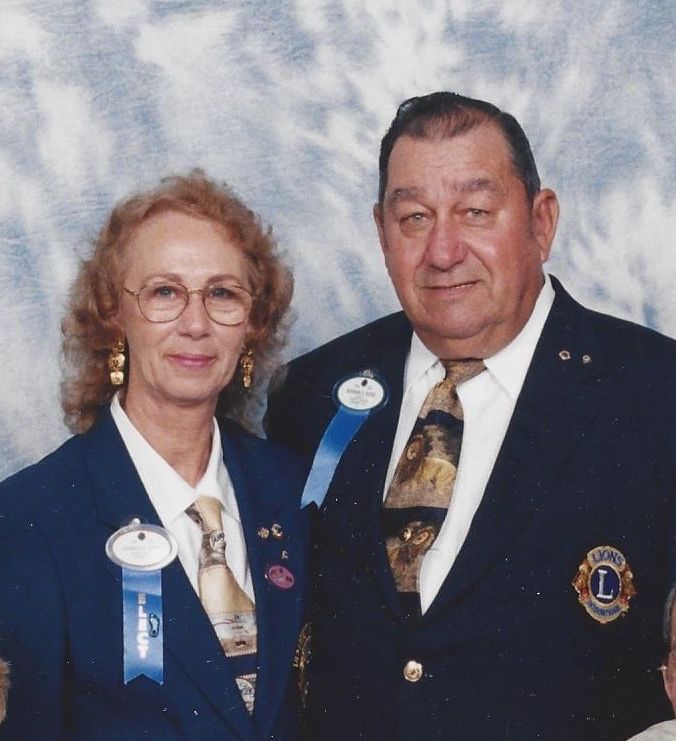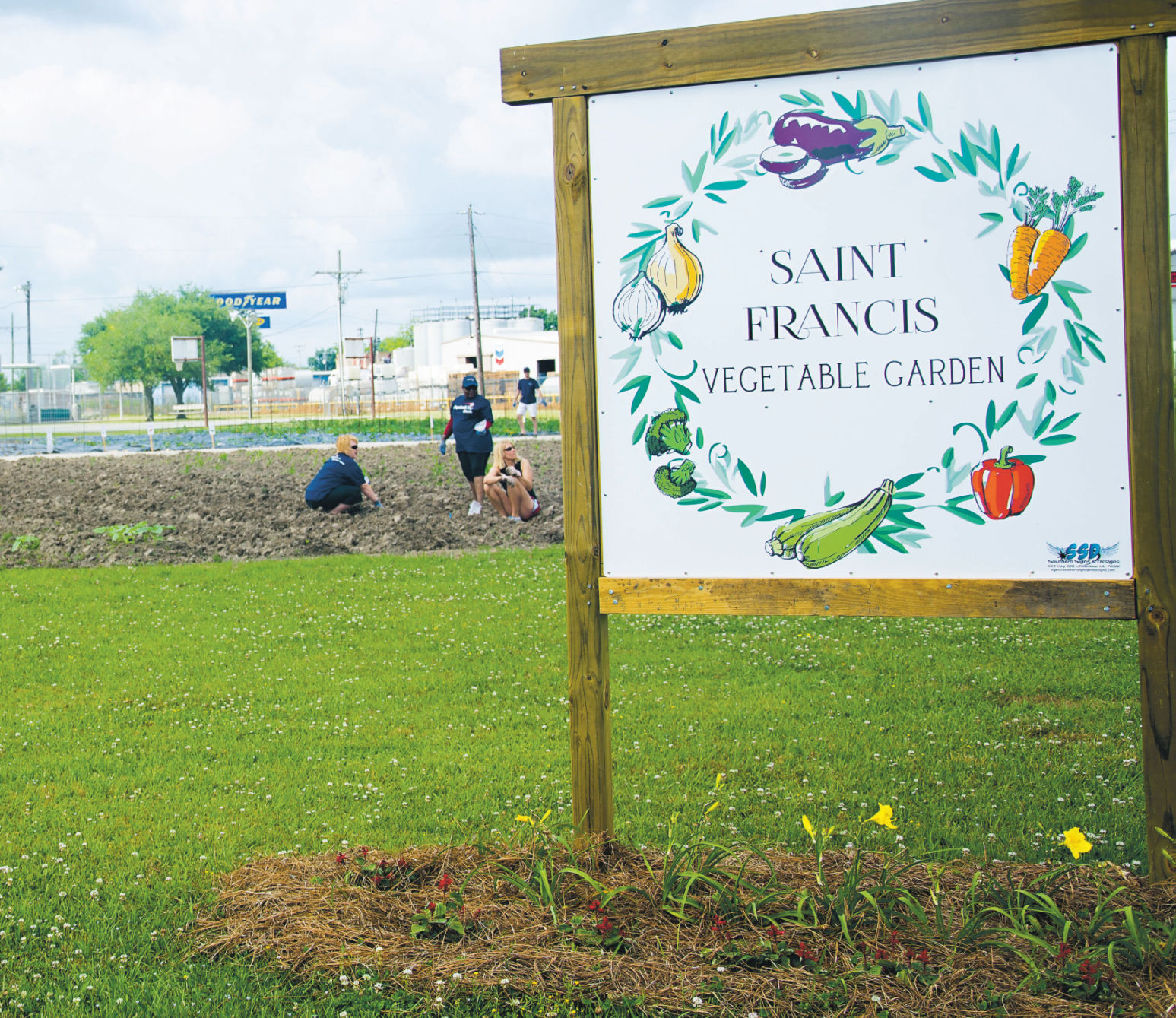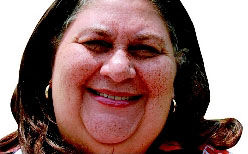
Remembering Barbara Dupre: Houma woman was a pioneer in Lions Club International
June 16, 2015
Giving Back
June 17, 2015I remember my father. I, and the rest of my family, affectionately called him “Bay,” a nickname he and my mother gave each other early in their marriage. It just stuck to him and its use spread among his children, grandchildren and great-grands.
To this day, I can hear his voice and see his face, even though he died nine years ago. He was, in many ways, the inspiration for my aspirations in life. He was an avid reader; a great math whiz and he loved news and talking to people. I credit my love of reading to him, but I admit I am not his offspring who got the mathematical ability.
I remember he loved reading the newspaper from front page to the last, and would gladly recount to anyone who listened what he had read. And after that, he would just have to watch the 6 o’clock news. By trade, he was a carpenter and contractor, and he could read blueprints and figure up, practically in his head, the square footage, how much lumber to buy, and all the details. He could spec out the houses he would build and in the end, they would be beautiful, at least to me they were. Many of them are still standing in Baton Rouge, and I often drive by some of them just for the memory. He was an avid hunter and fisherman in his younger days, and like many of his contemporaries, liked his beer, coffee and cigarettes. I confess to occasionally enjoying two of those three things, myself – and while I’m not specifically naming which two, here’s a hint: he often took my siblings and me on family fishing trips and I abhor smoking.
Earnest T. LeDuff Sr. was not an educated man in the sense of formal education. Having been born in rural Louisiana, in the 1920s, at a time when young boys and men had to work for family survival, he never finished high school and college was not even a consideration. At age 19, he opted for the military and served in the Army during World War II. His final resting place is the Port Hudson (Louisiana) National Cemetery, of which something our family is very proud.
For me, his firstborn, the mantra would always be “you’re going to college,” no matter what other direction I might have been thinking. And, he was even more specific in his wishes; he wanted me to go to LSU. You have to understand the times here. I was born during the time of segregation, and I attended a small, Catholic school for African Americans. By the time I got to high school, things were changing and integration was becoming the law and practice. By the time I got to college age, LSU had become an option.
There’s more to the story. Our family home in south Baton Rouge was near LSU, and from our back door, we could clearly see the Campanile, the Memorial Tower, like a constant reminder of what was not available. Fortunately for me, that dream of his came true, and I still have pictures of him at both of my LSU graduations. In one photo, he and my mother are wiping their eyes.
One of my most prized possessions is a portrait of him and my mother that hangs in my living room. I confess, I often stand in front of that painting, and look into those eyes, and ask for advice. I will also say, there is never an answer!
To say my dad was a tall man would be untrue; he barely stood 5 feet 5 inches. Over the years, I grew to stand taller than he, but in some ways, I think I’ll never measure up.
These days, my mother is living in a retirement home in Baton Rouge, and in her room are precious photos of her and my dad. I am the beneficiary of their hopes and dreams, and I hope I am worthy of their pride.
The tombstone that marks my dad’s final resting place is simple; after all, it’s in a military cemetery. Other than his name, date of birth, date of death, rank and branch of service, it says: “Our Beloved Bay.”






